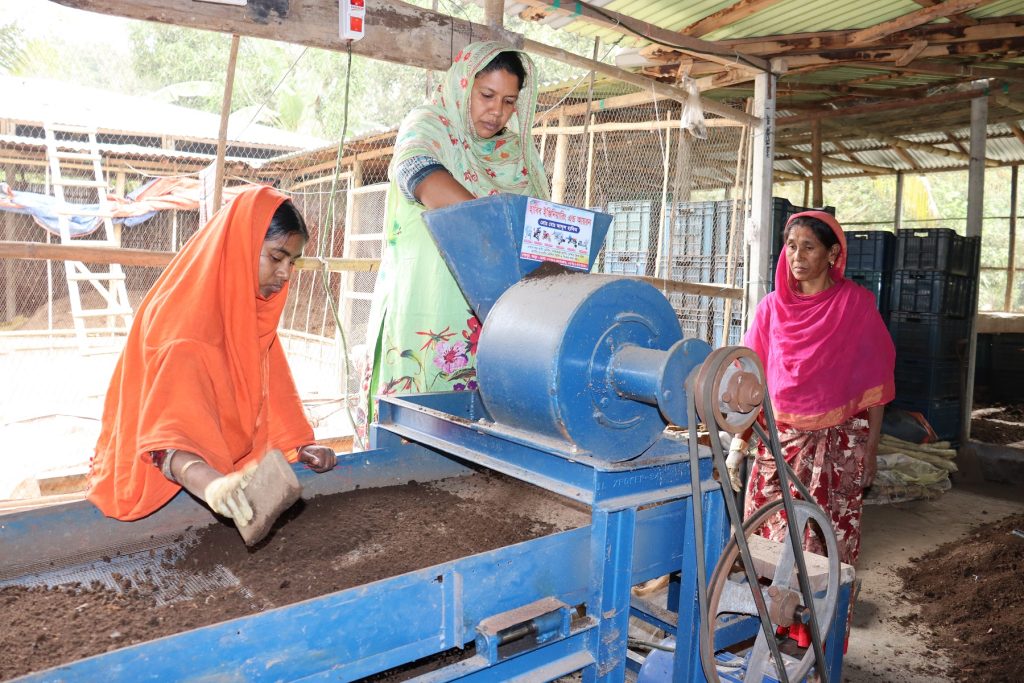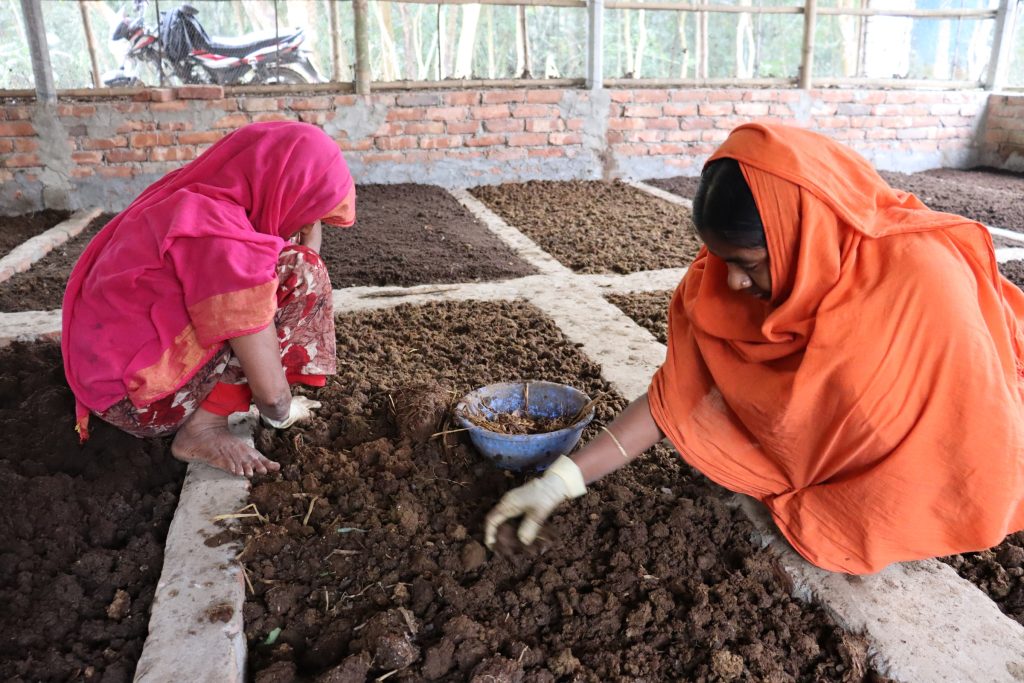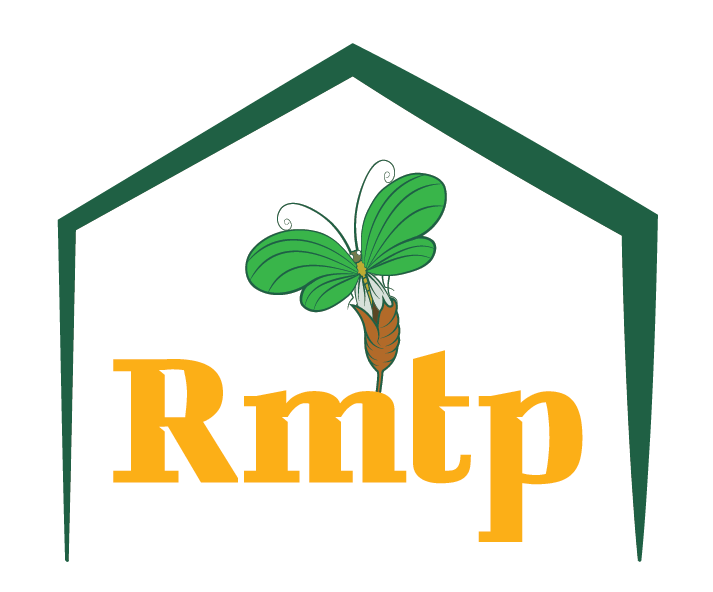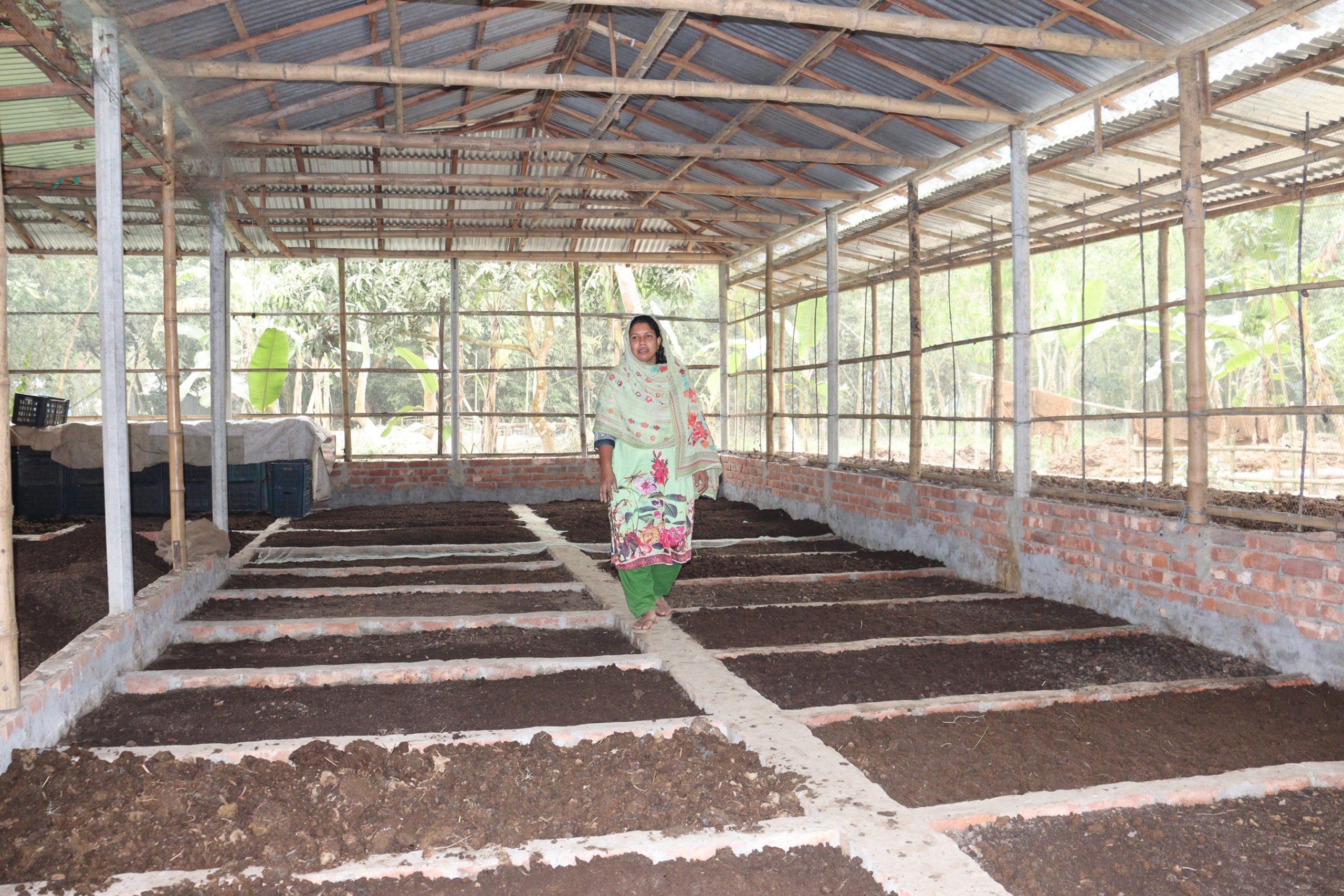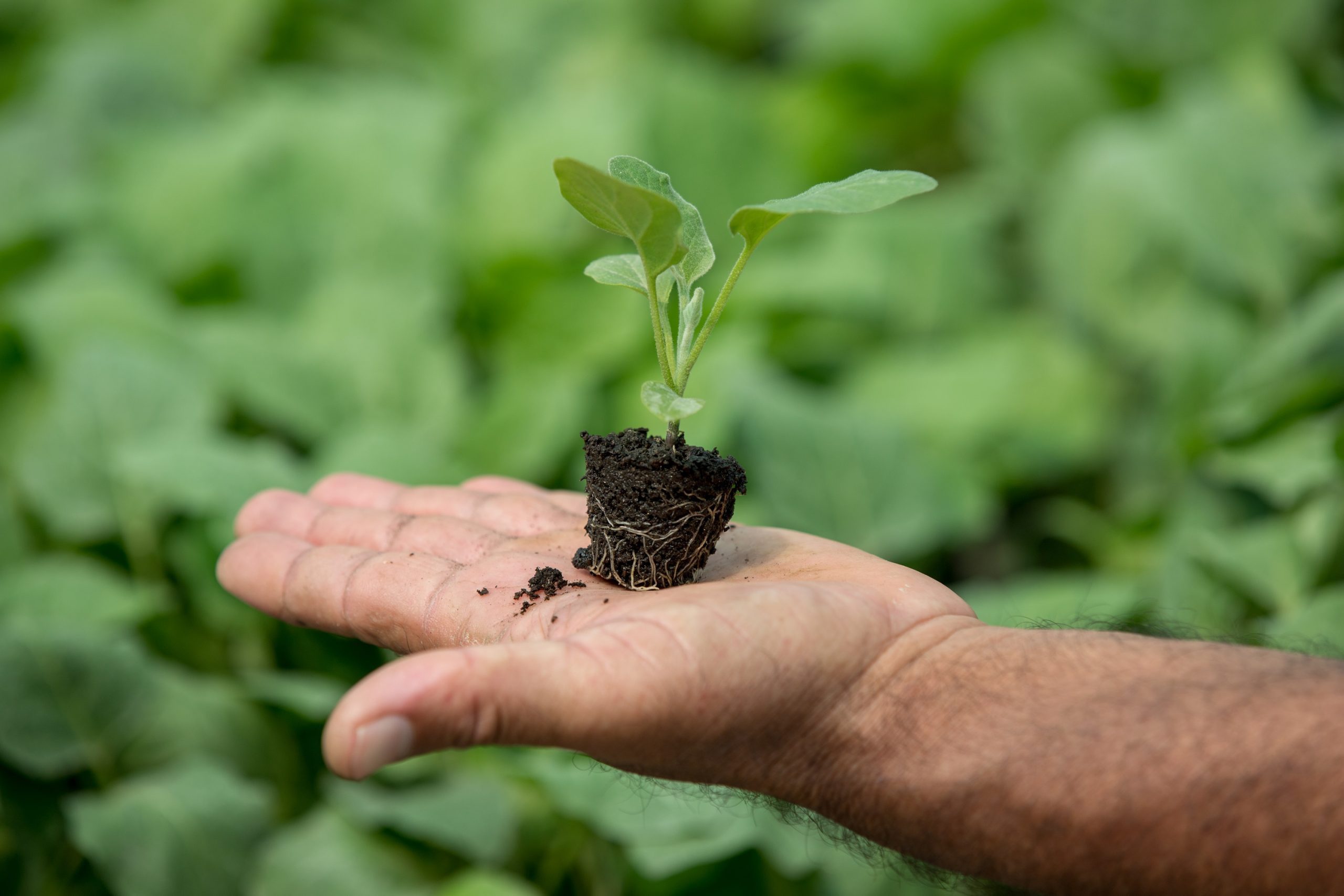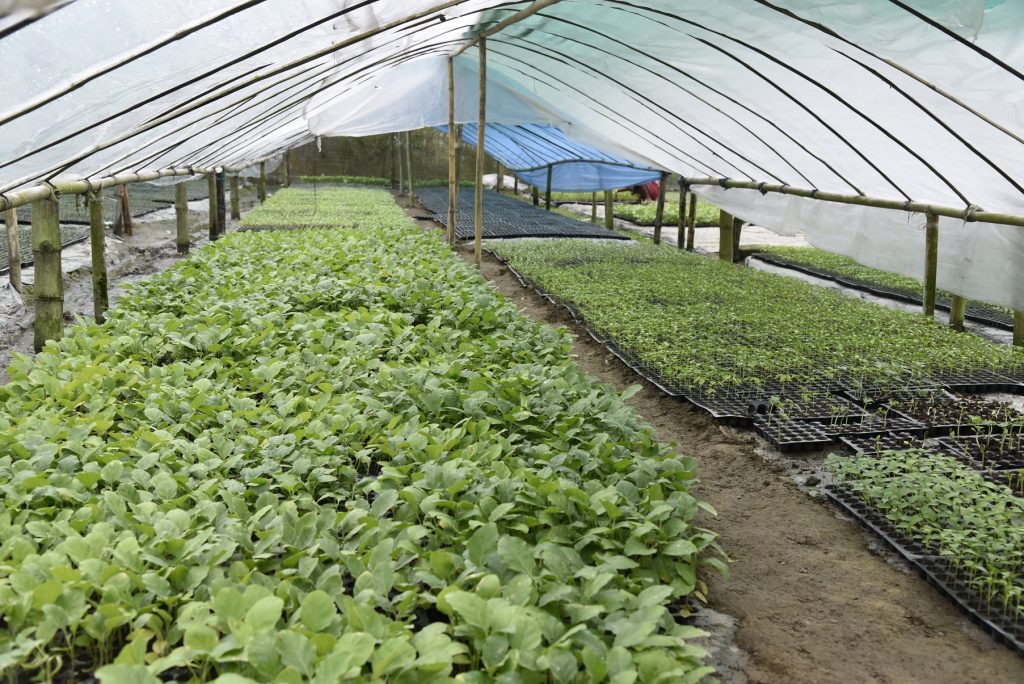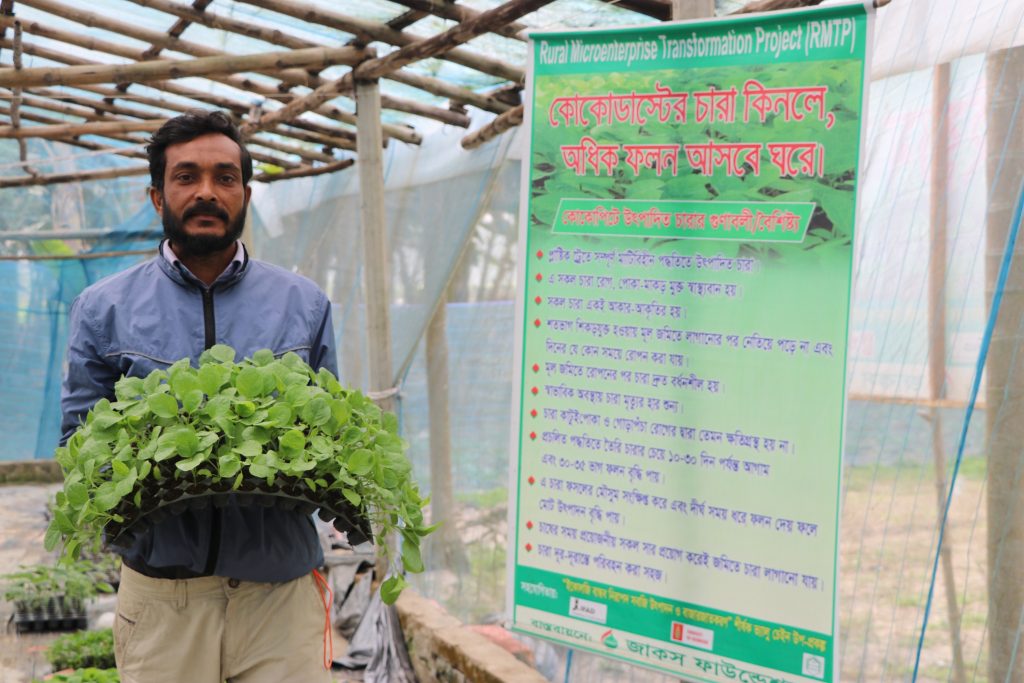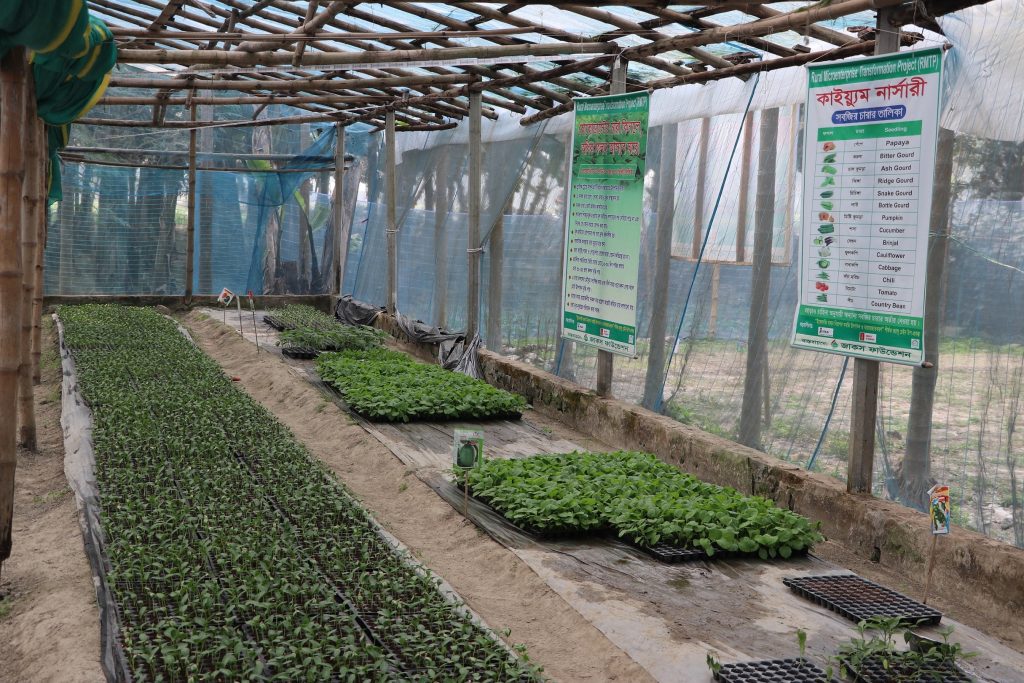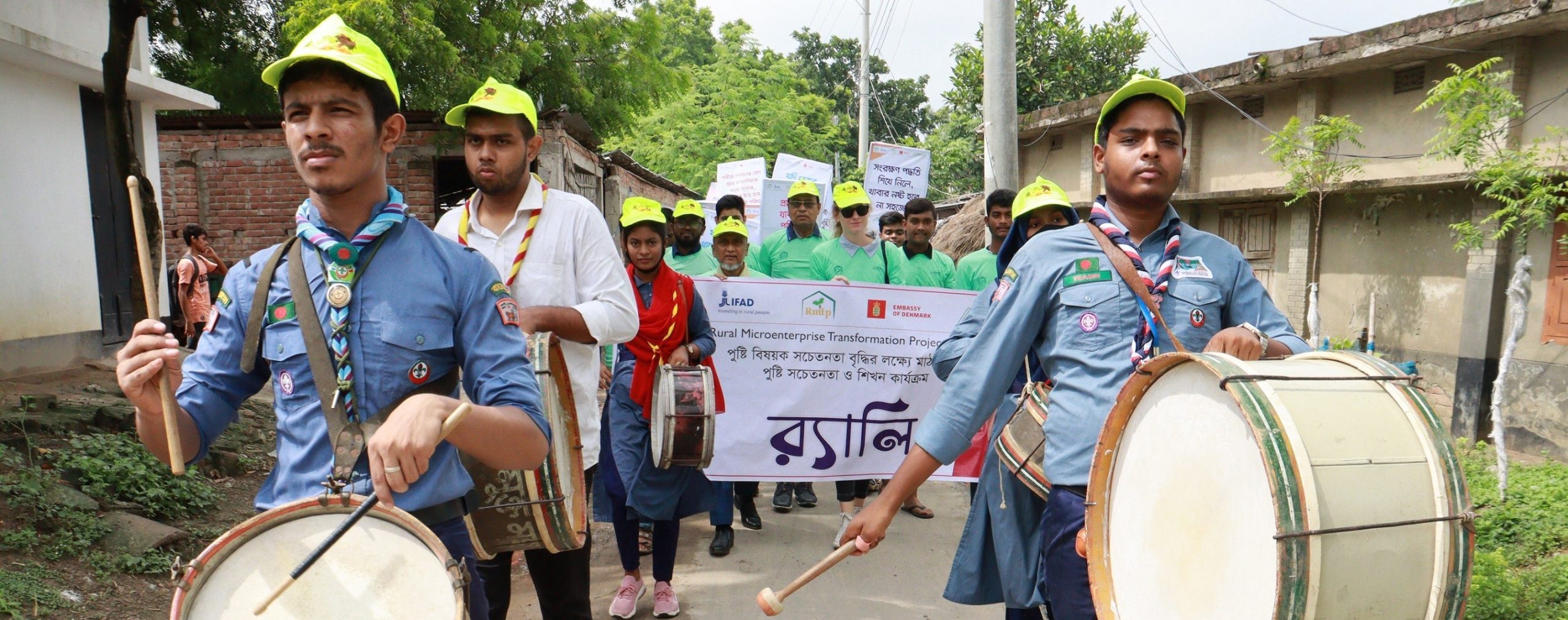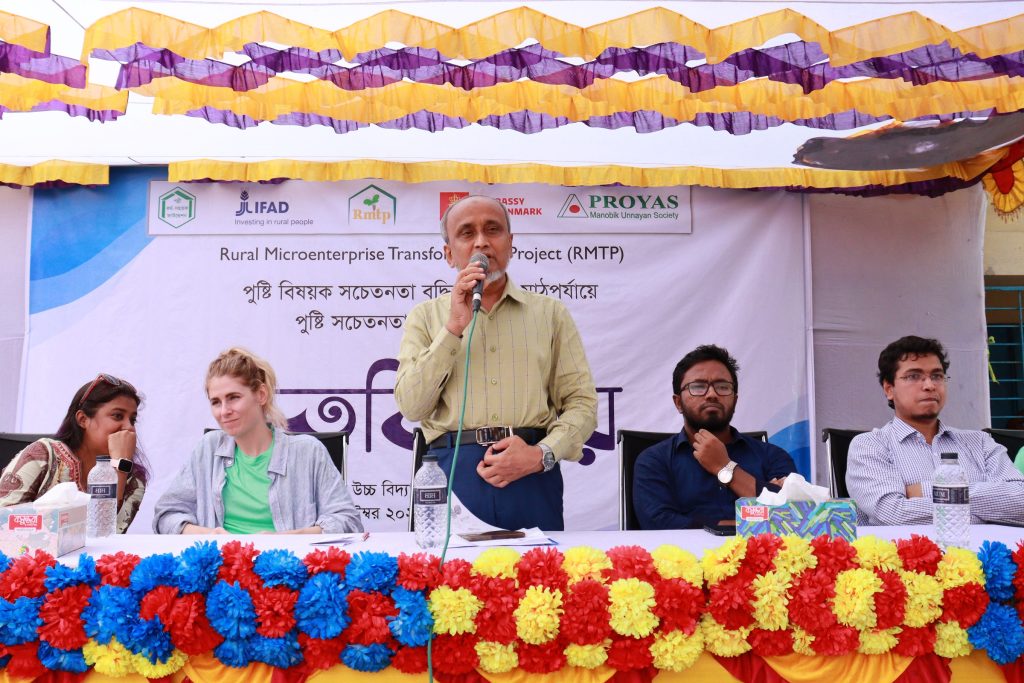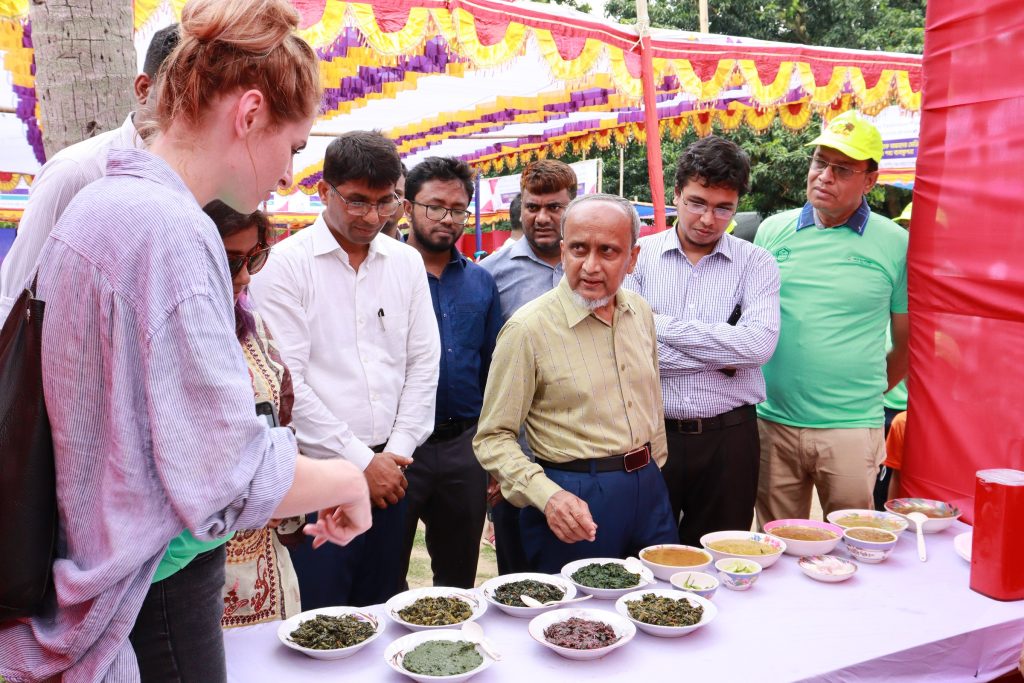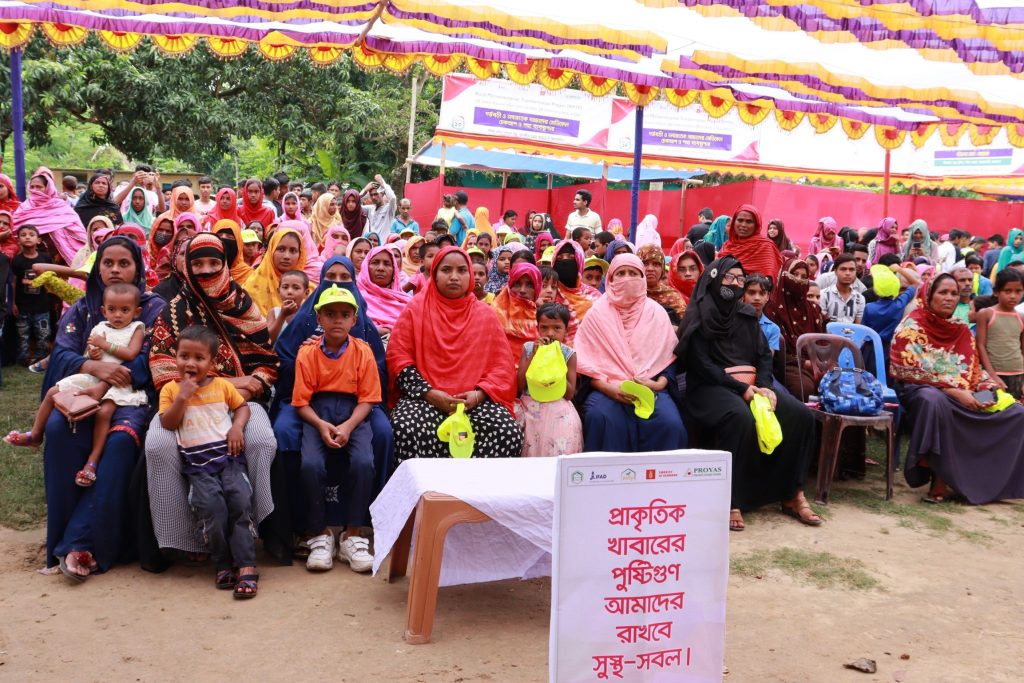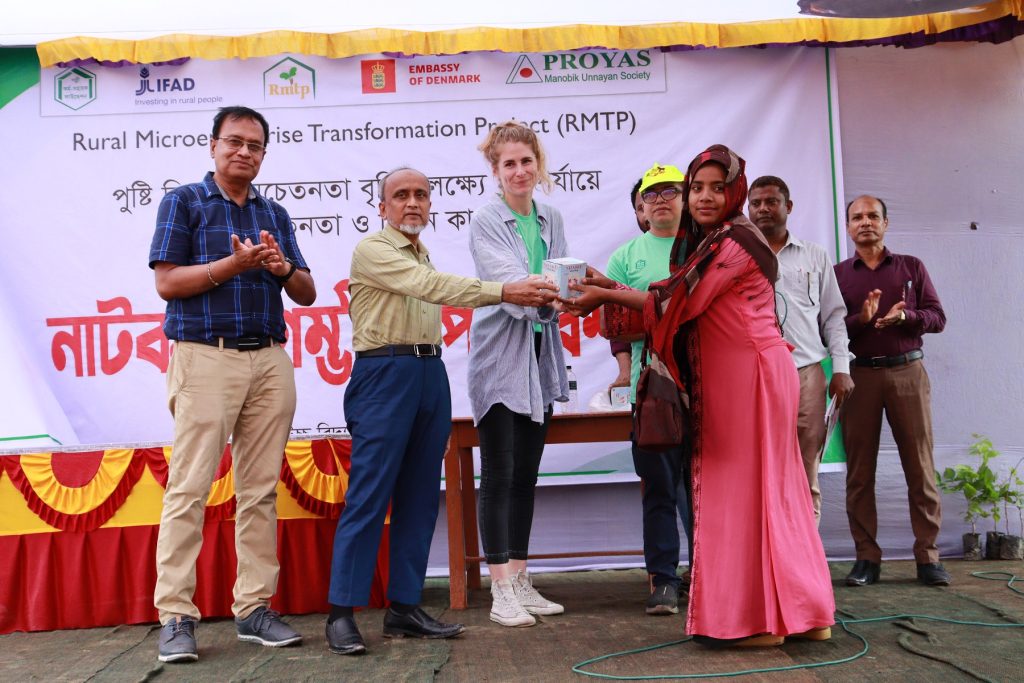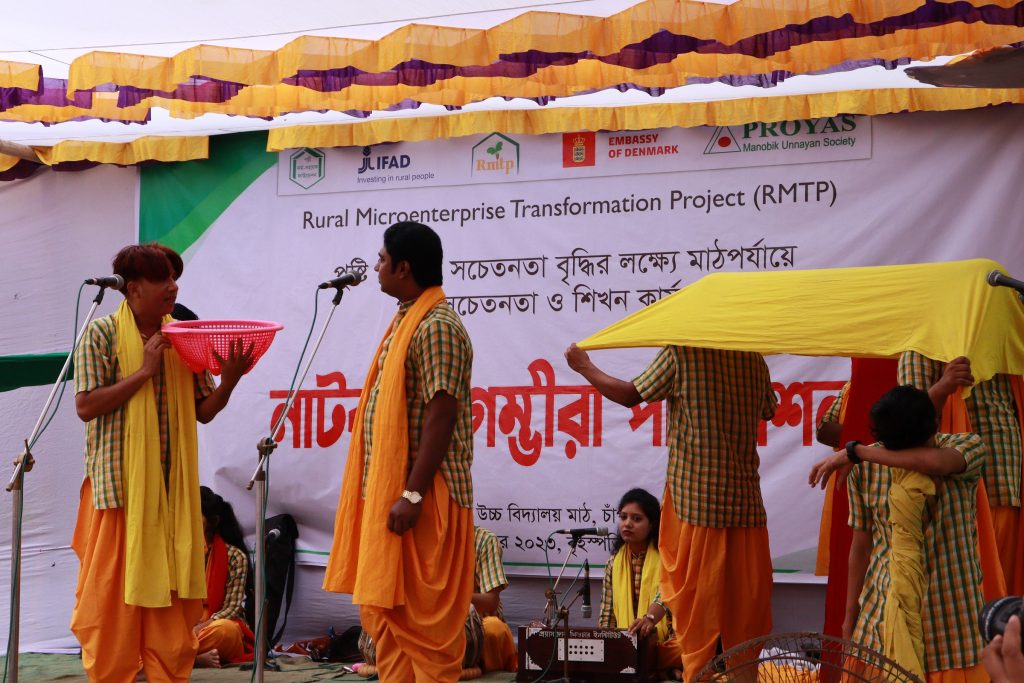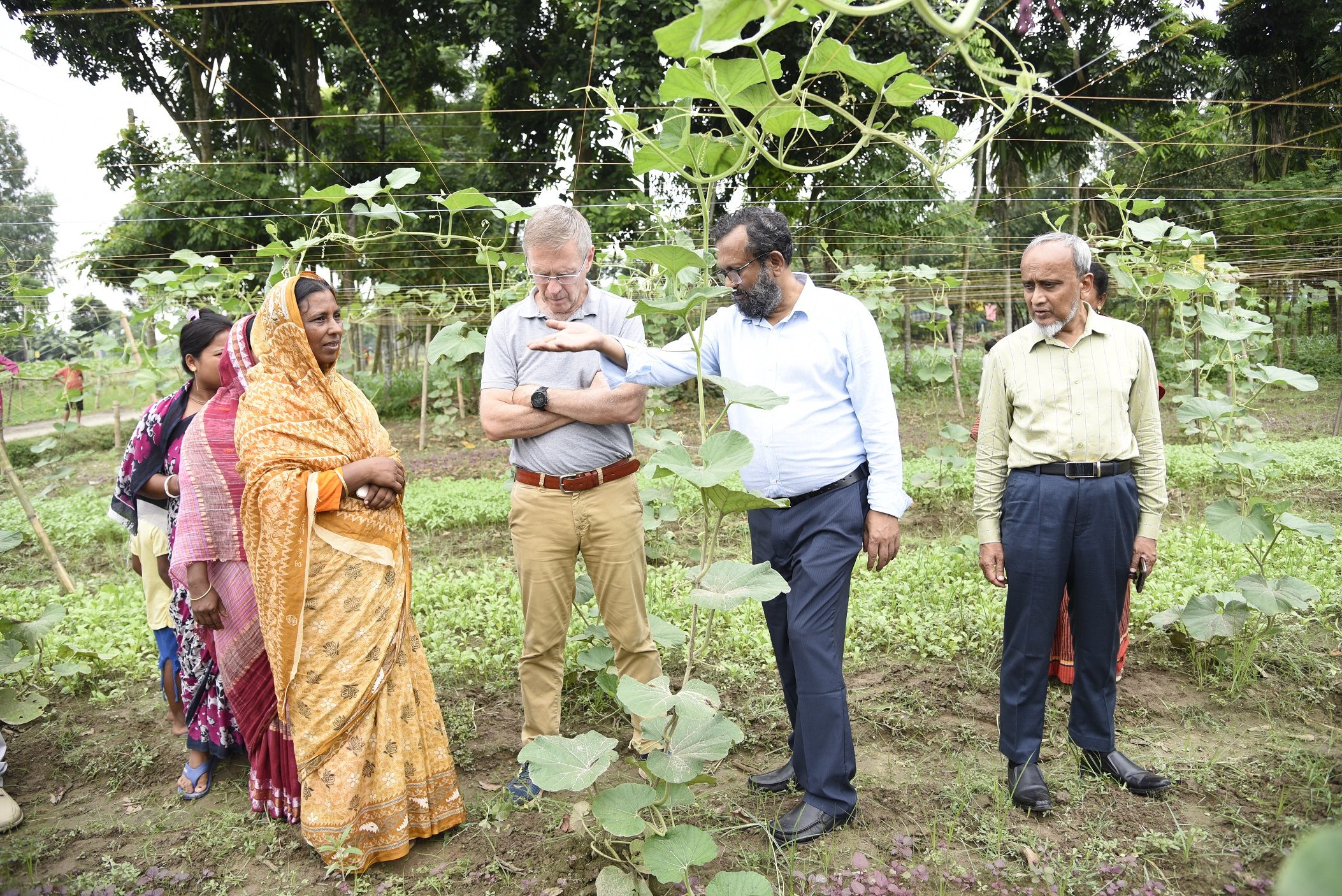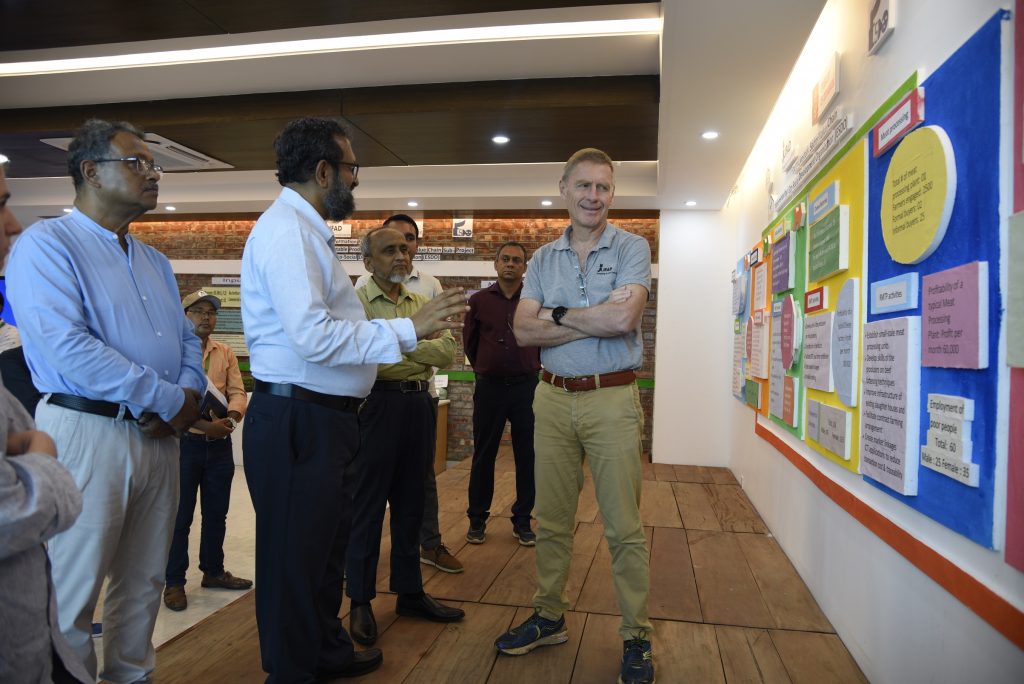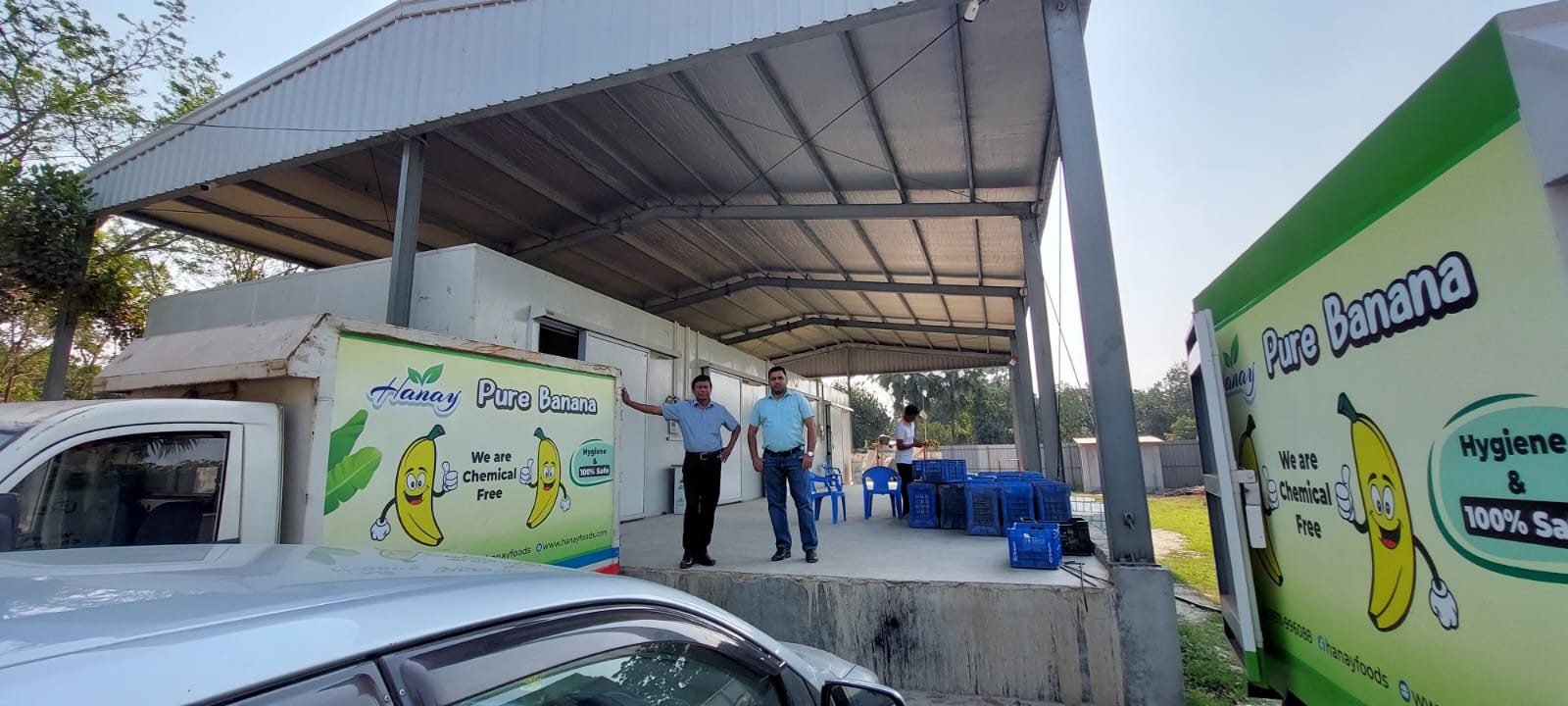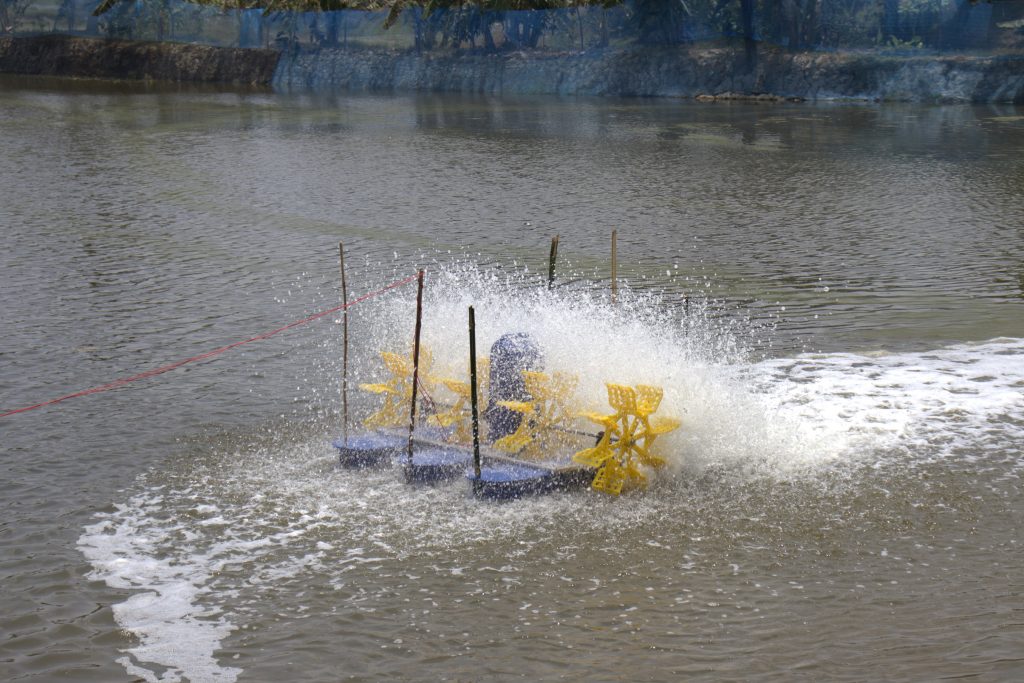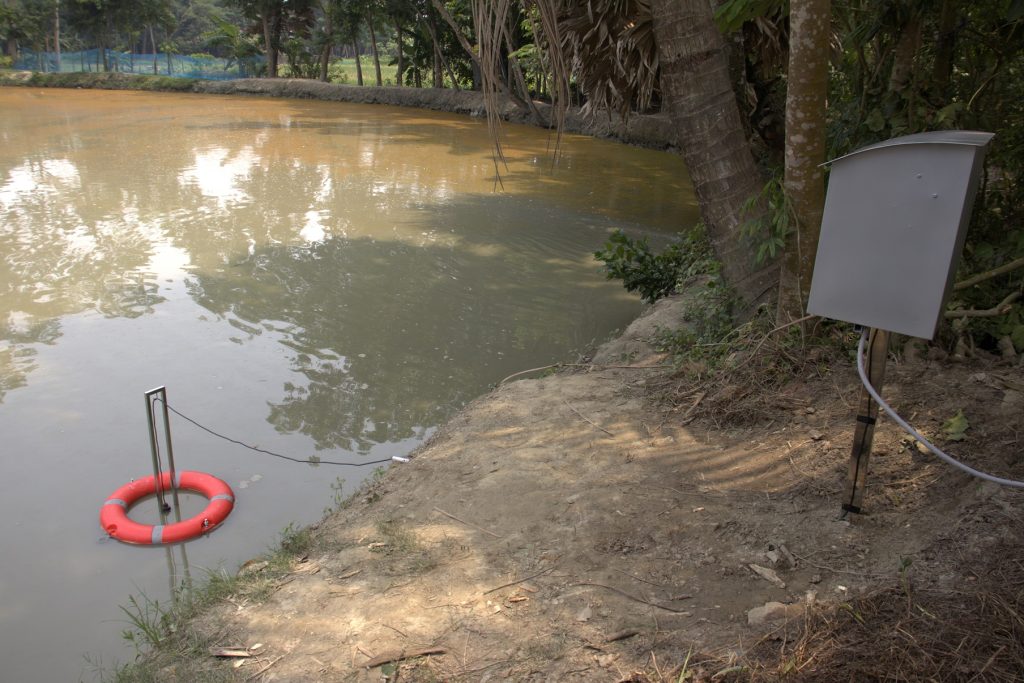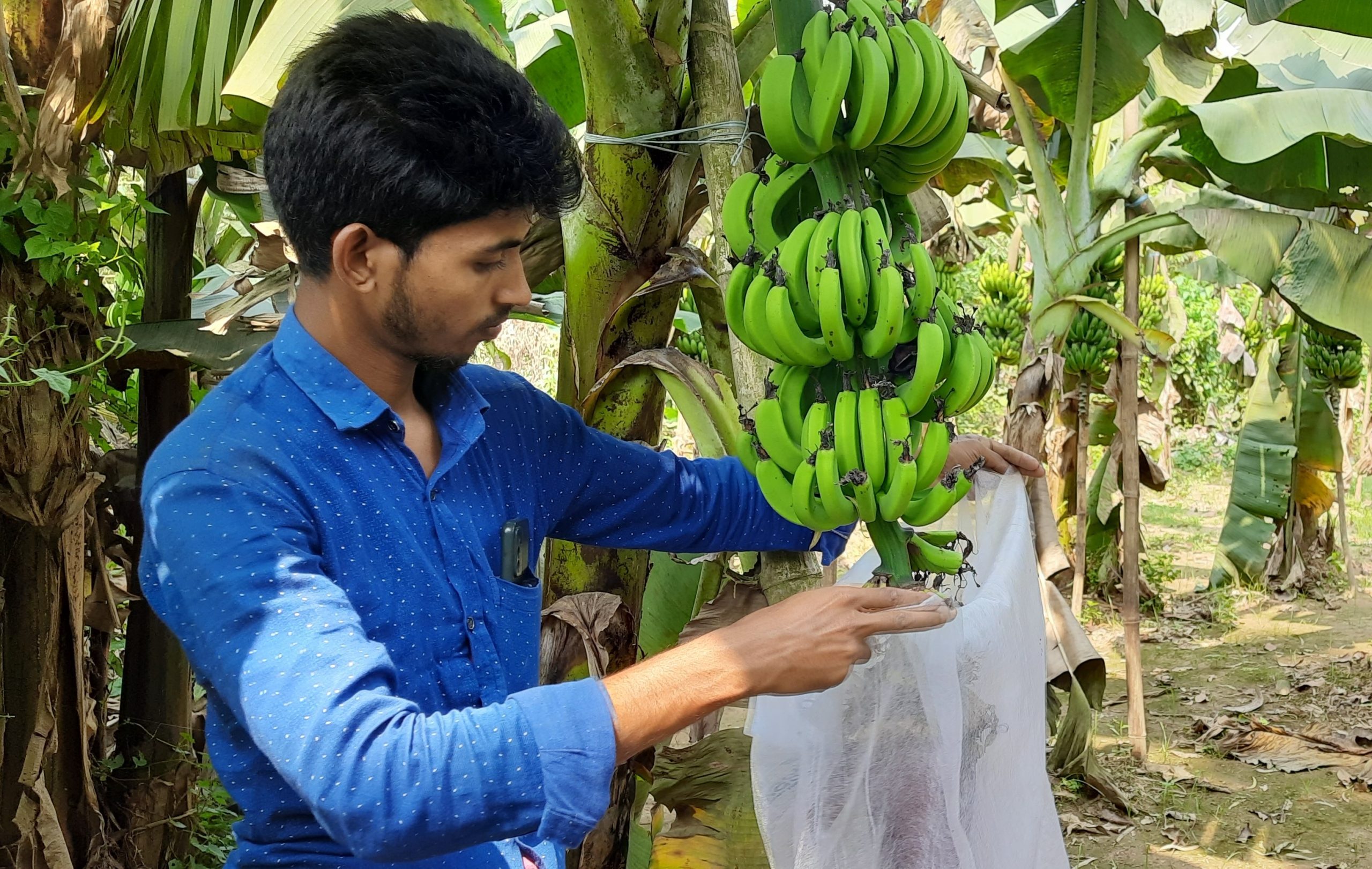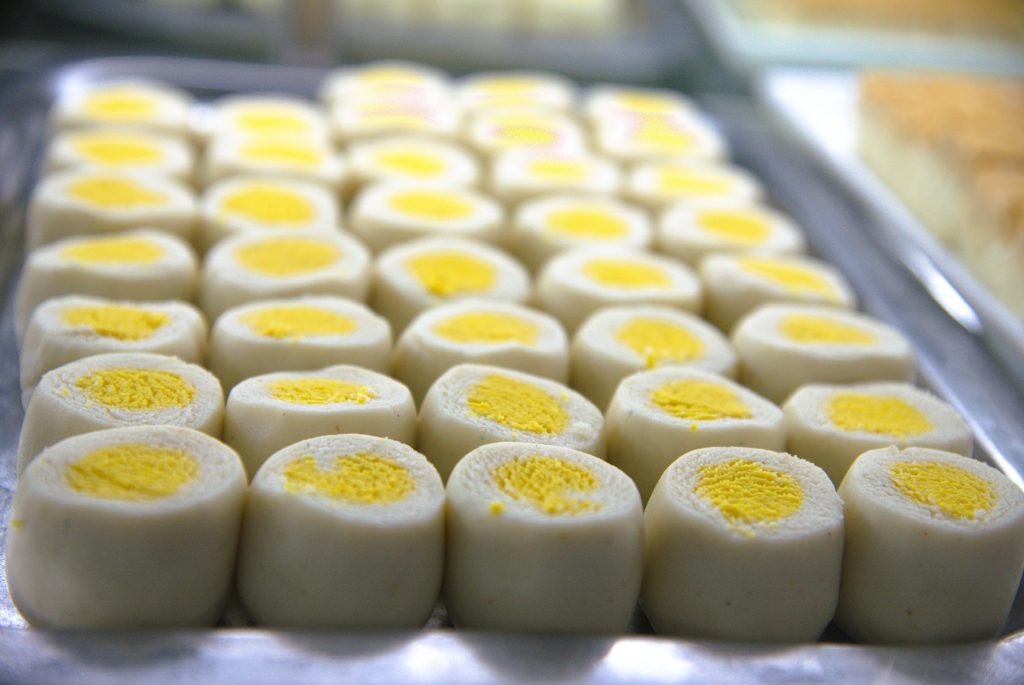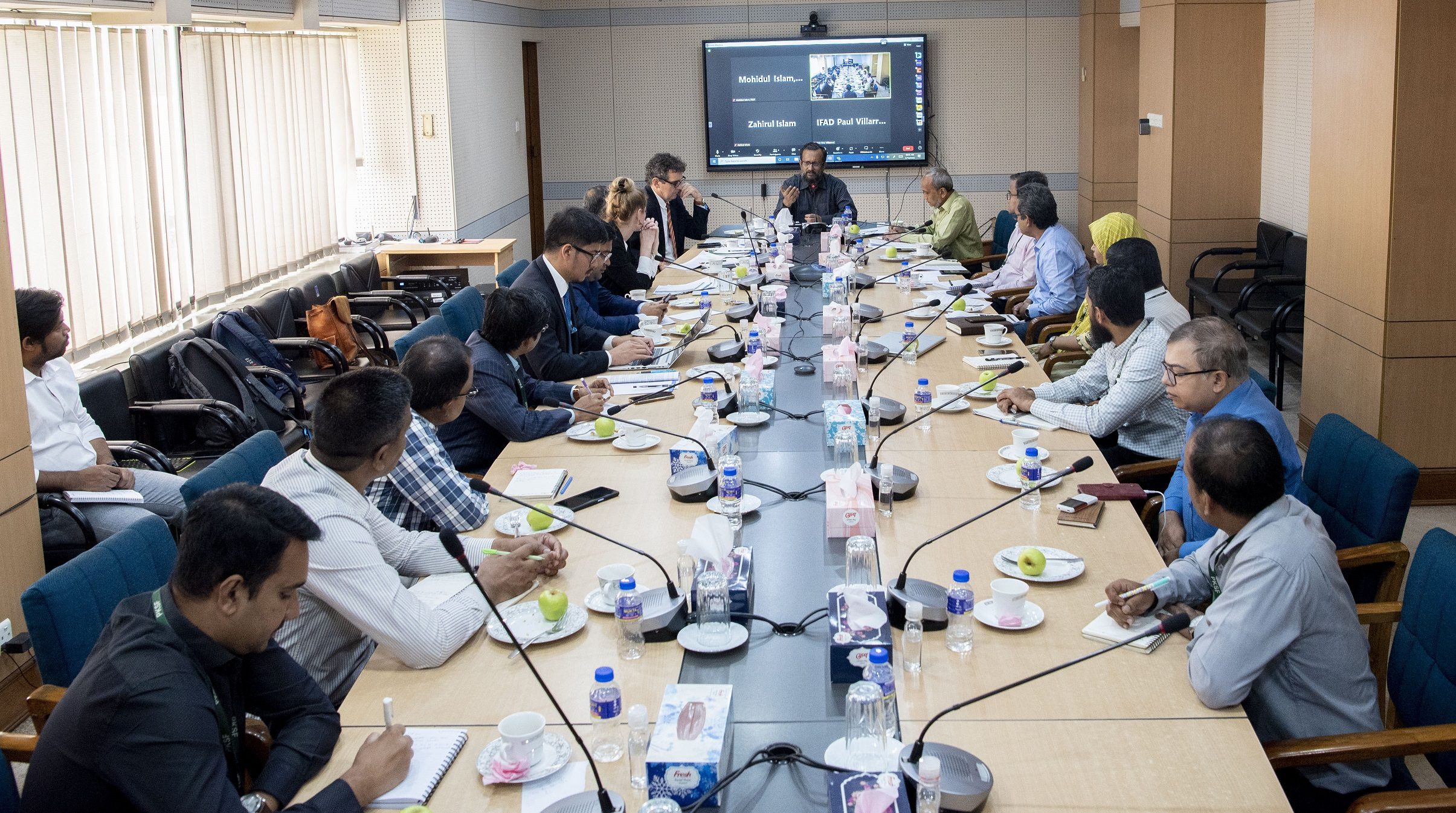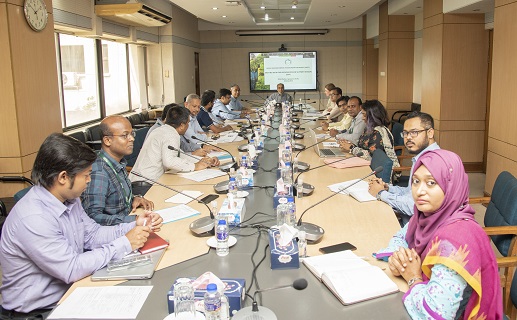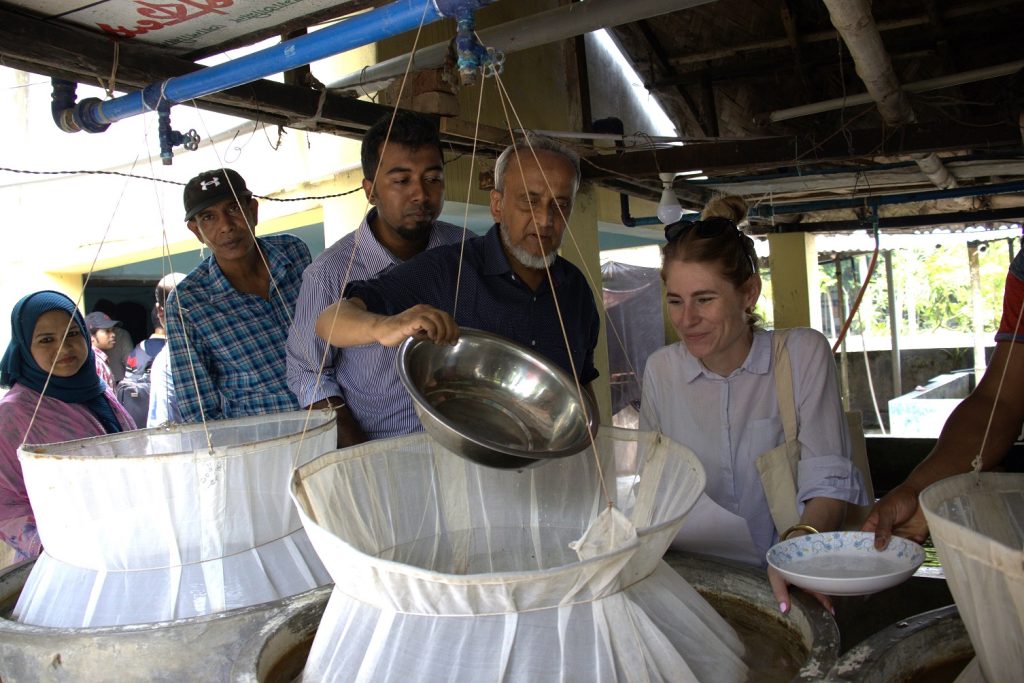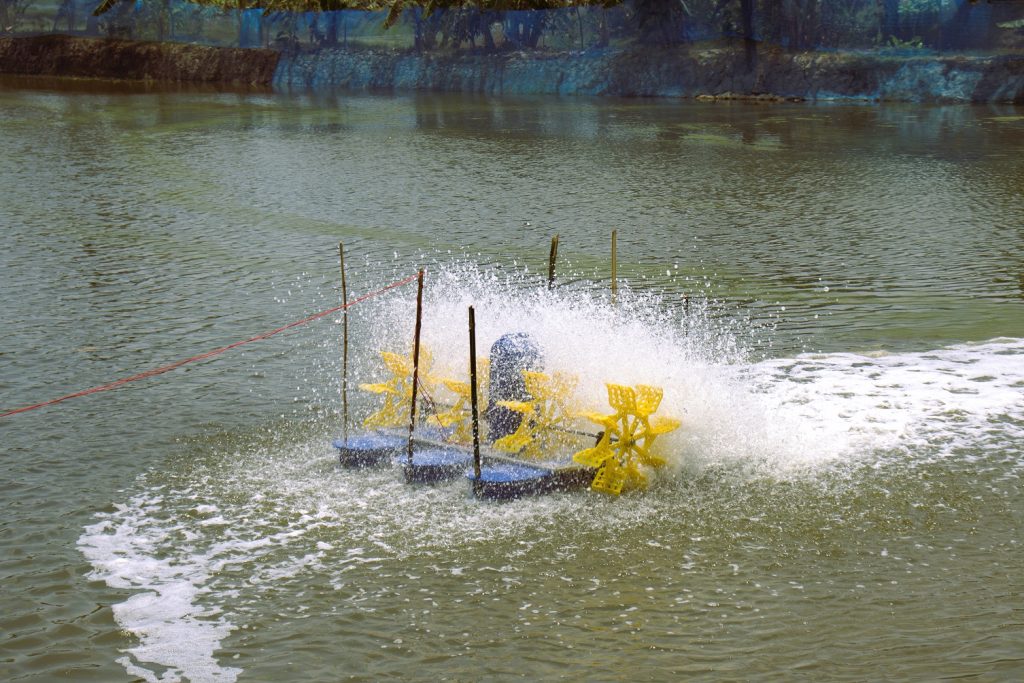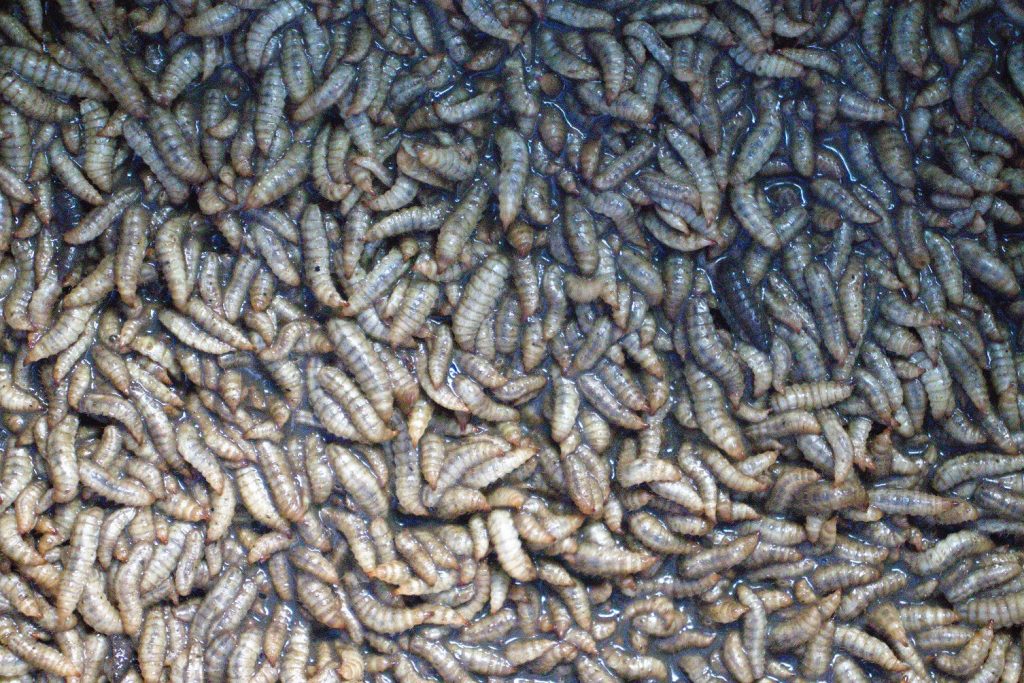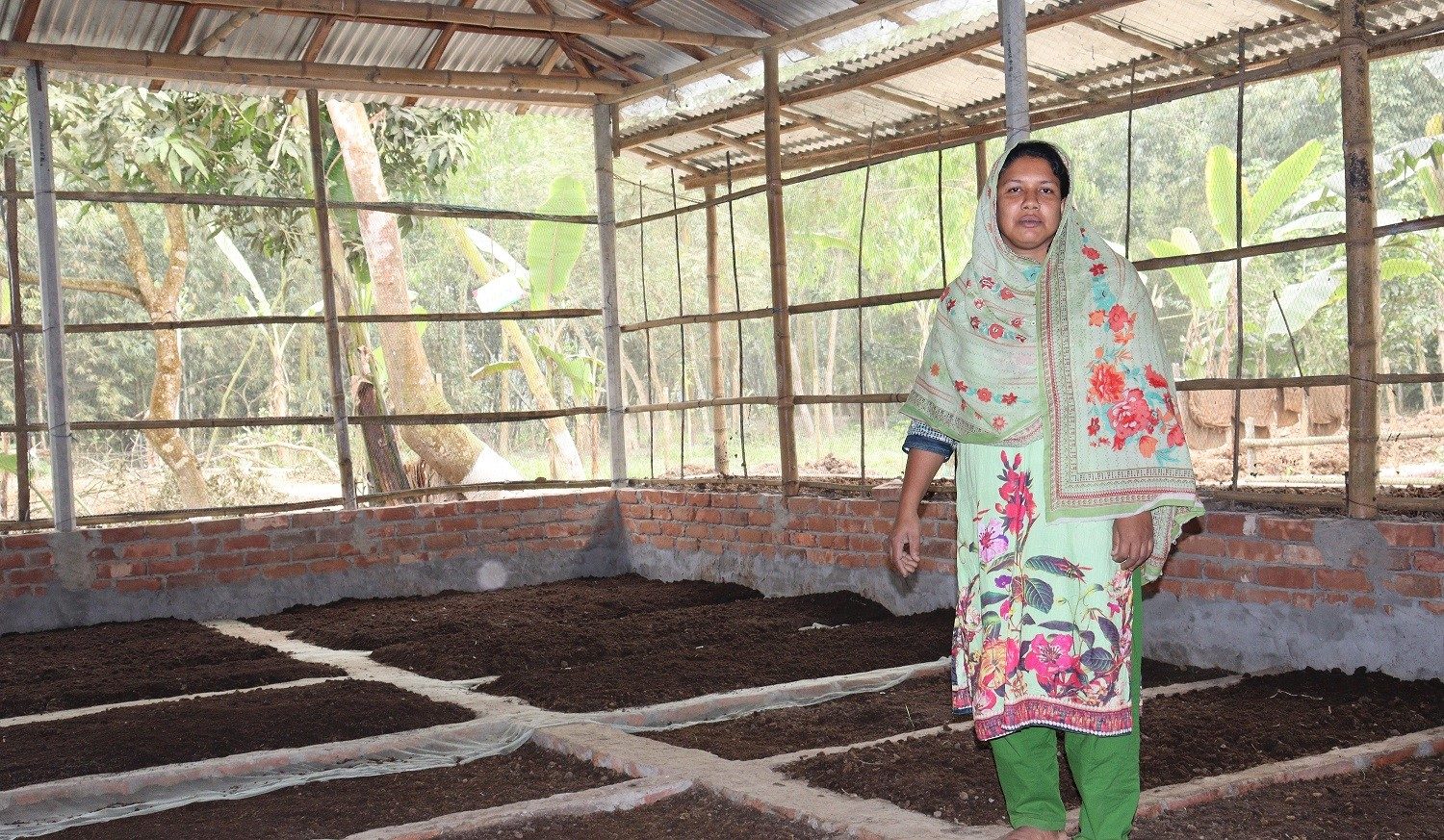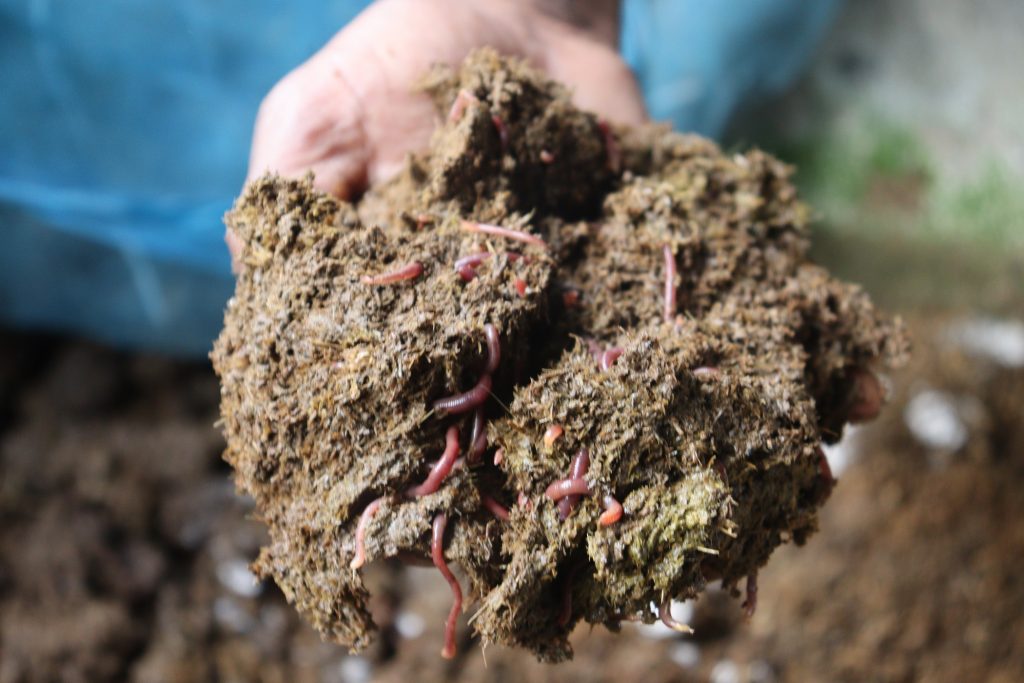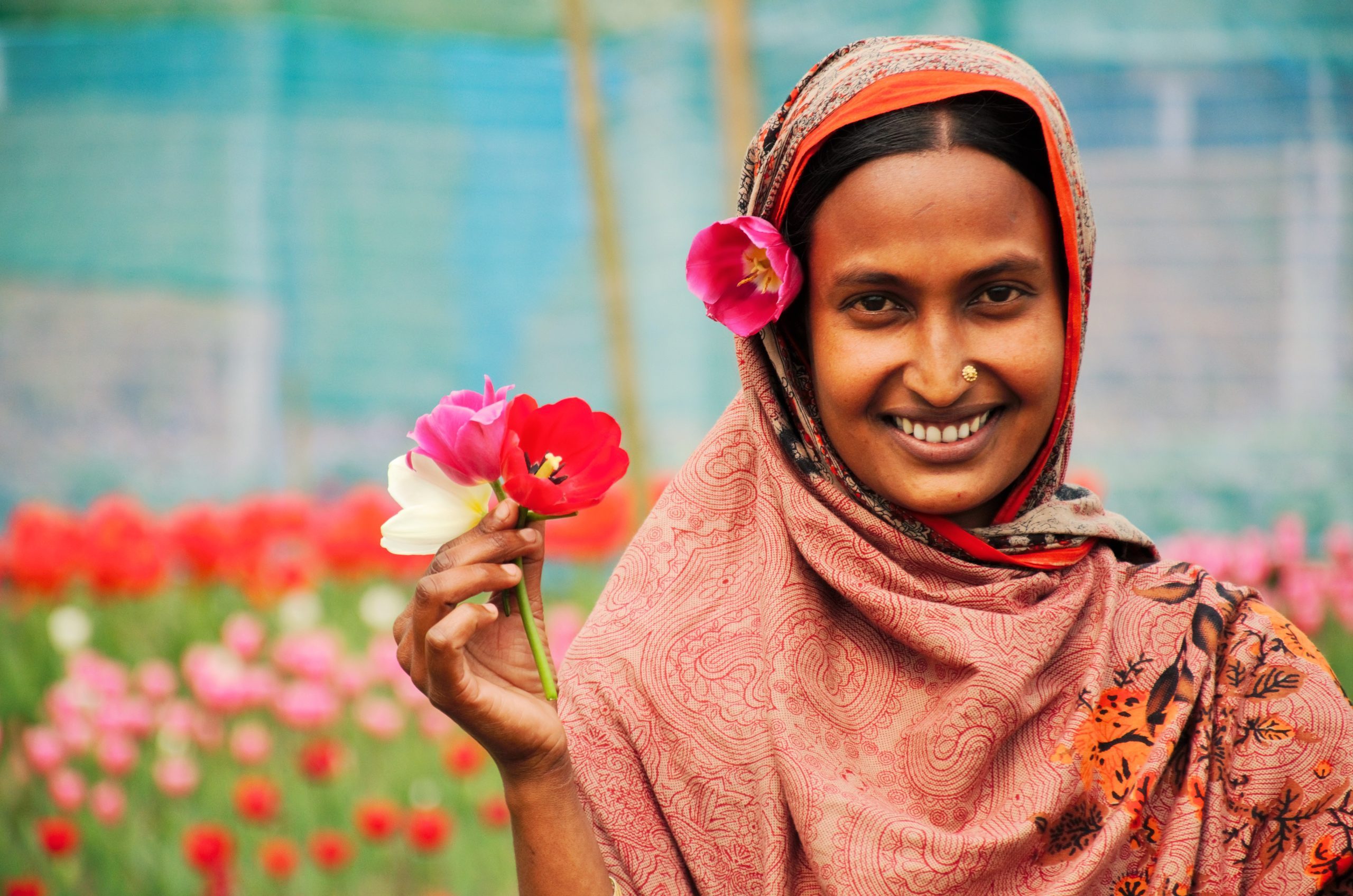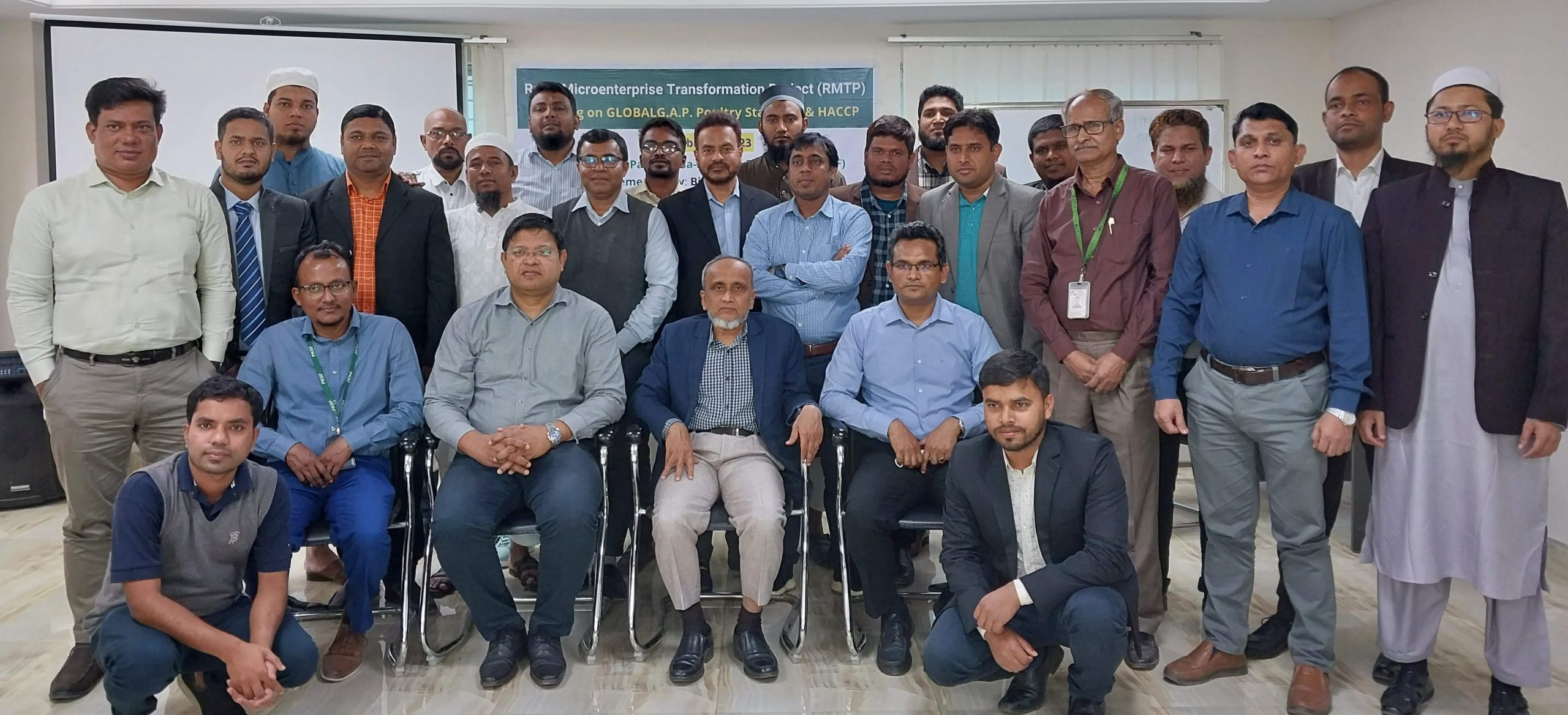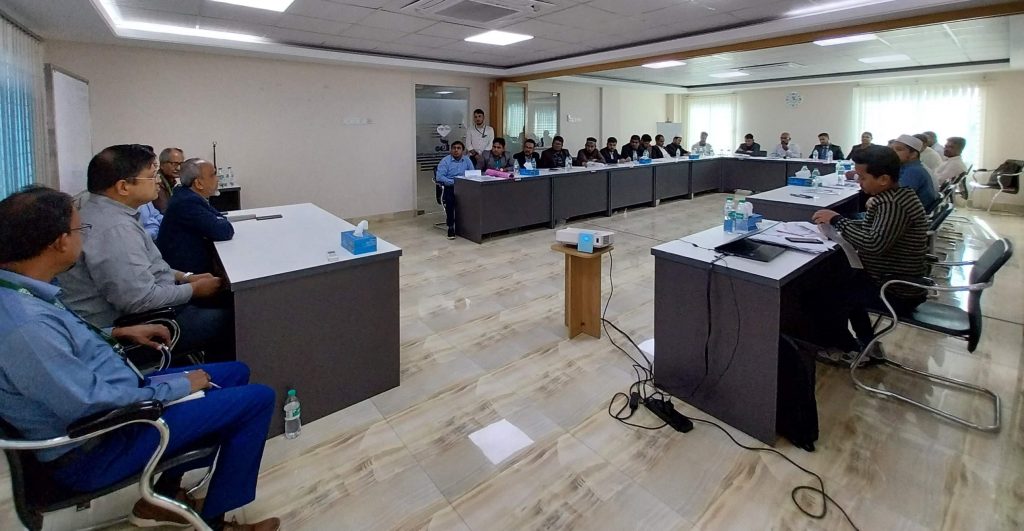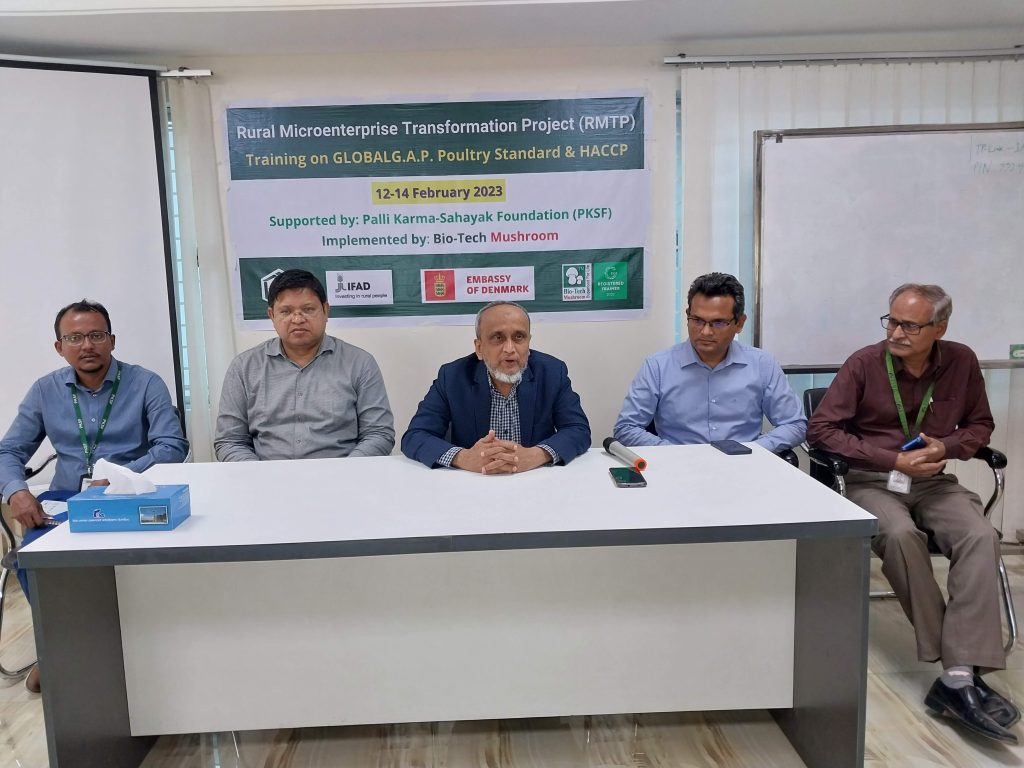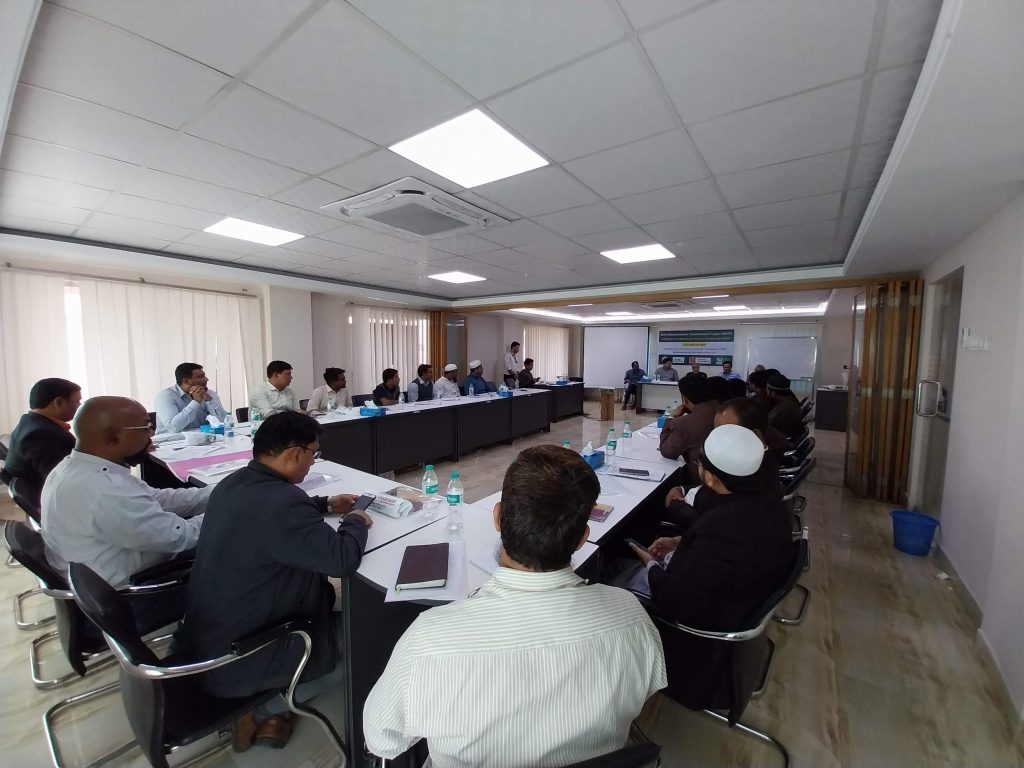UNiTE! Invest to Prevent Violence against Women and Girls: Reshma’s Inspiring Journey
“At the age of 14, while studying in grade eighth, I was forced to marry an unknown person. My dreams came to a halt. After the marriage, my days began with a brutal reality. My husband was addicted to drugs and gambling, and he forcefully physically assaulted me. Enduring this situation for four years, I finally returned to my mother,” shares Reshma, a 35-year-old woman living in the northern part of Bangladesh.
She expresses, “Everybody in my village treats me negatively because I divorced my husband, and they label me as a bad girl. In this society, aside from one’s father or husband, girls are not granted any other recognition.”
Like Reshma, the global situation concerning violence against women and girls is alarming. According to the report on “Global and regional estimates of violence against women: prevalence and health effects of intimate partner violence and nonpartner sexual violence” by the World Health Organization (WHO), the following areas have been identified.
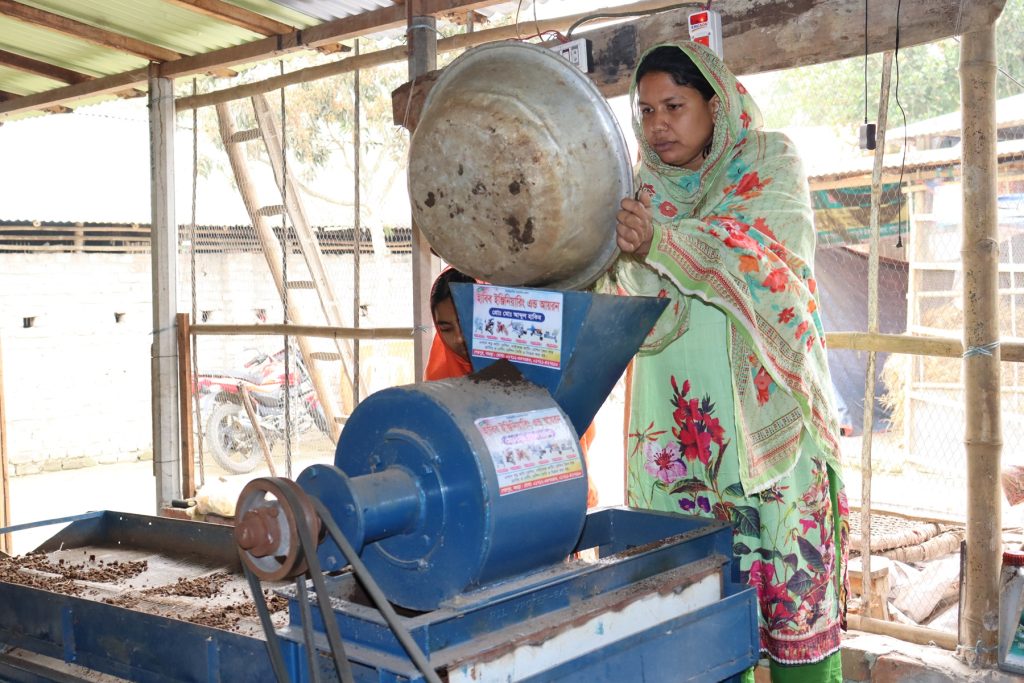

Similar to the global context, the issue of violence against women and girls is prevalent in Bangladesh. In response, the government and various development entities are collaboratively working to address this concern. Notably, in 2020, with the support of the Bangladesh Government, the International Fund for Agricultural Development, Palli Karma-Sahayak Foundation (PKSF), and DANIDA, initiated a six-year project named the Rural Microenterprise Transformation Project (RMTP). This project aims to enhance the income, food security, and nutrition of marginal and small-scale farmers, as well as micro-entrepreneurs, across selected value chains throughout the country.
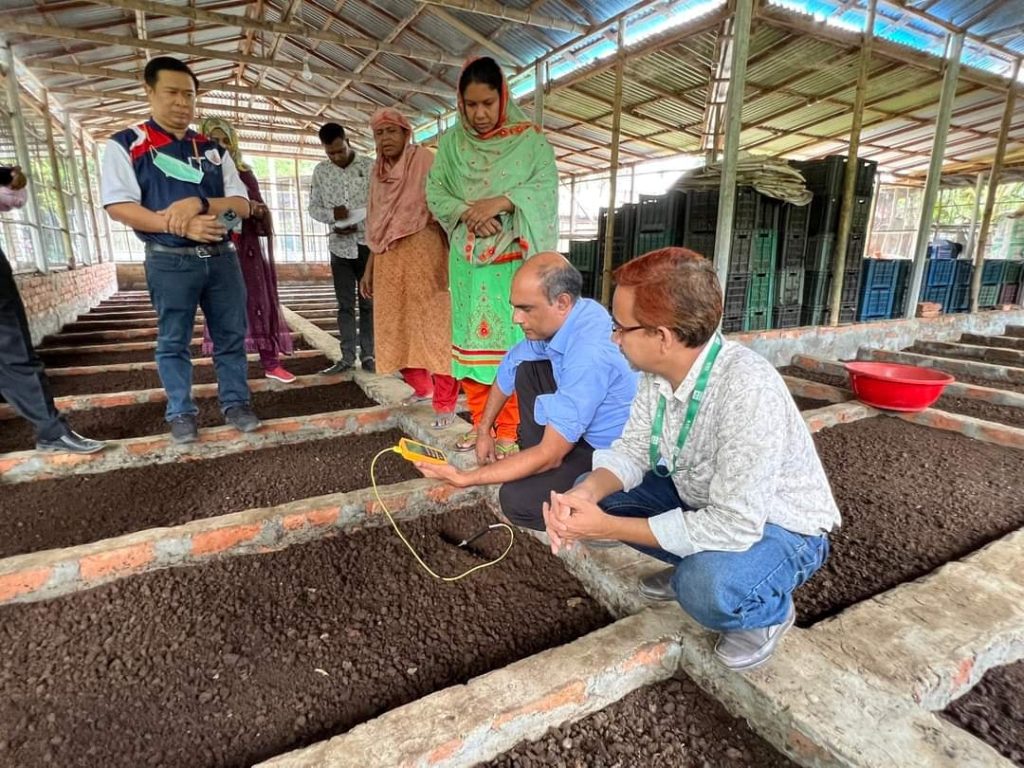
Reshma’s journey commenced with meticulous planning and unwavering determination. Initially involved in agriculture and trained in vermicompost production by the Department of Youth Development, Reshma faced challenges in expanding her agricultural business and vermicompost production. Fortunately, in 2022, Reshma became a participant of RMTP through the implementing partner Gono Unnoyan Karma (GUK). This pivotal step allowed her to expand her vermicompost production using the latest technology. Moreover, the project played a crucial role in assisting Reshma to acquire an Earthworm-Vermicompost rolling separator machine.
This initiative not only reduced labor costs but also maximized profits, contributing to the overall enhancement of her vermicompost plant.
Currently, Reshma produces approximately 30 tonnes of vermicompost monthly, selling it at a wholesale price of Tk 10 per kilogram from her residence and Tk 15 per kilogram on online platforms. Her farm includes 25 cows, 6 cows producing 35 kilograms of milk daily, sold at Tk 50 per kilogram. Additionally, she owns 15 goats, 120 ducks, and over 200 native chickens, along with various animals like pigeons and fish in the pond. Safe vegetables are cultivated on her two-acre of land. Reshma actively operates a Facebook page named “Reshma Krishi Udoog.”
Excluding all costs associated with Reshma’s farm, her annual net profit amounts to Tk 40 lakhs. Reshma currently possesses capital amounting to one crore two lakh taka. Her farm project has also provided employment to a total of 16 women. Additionally, after observing Reshma’s successful work, 20 individuals have become self-employed. Furthermore, in recognition of Reshma’s outstanding work, she has been awarded the ‘National Youth Award-2022’ by the Department of Youth Development, Ministry of Youth and Sports.

Under the RMTP project, 253,832 women actively participate in diverse agricultural activities, receiving grants and financial services to expand their businesses. The project’s annual survey highlights that 58% of women and 41% of youth benefit from economic empowerment, fostering family harmony through shared enterprise engagement.
Reshma’s inspiring journey, shaped by resilience and determination, epitomizes the transformative impact of investing in women and girls. The RMTP, a beacon of hope, not only stopped the violence but also promoted economic independence and community development. From vermicompost production to winning the ‘National Youth Award 2022,’ Reshma’s success underscores the tangible outcomes of such investments.
